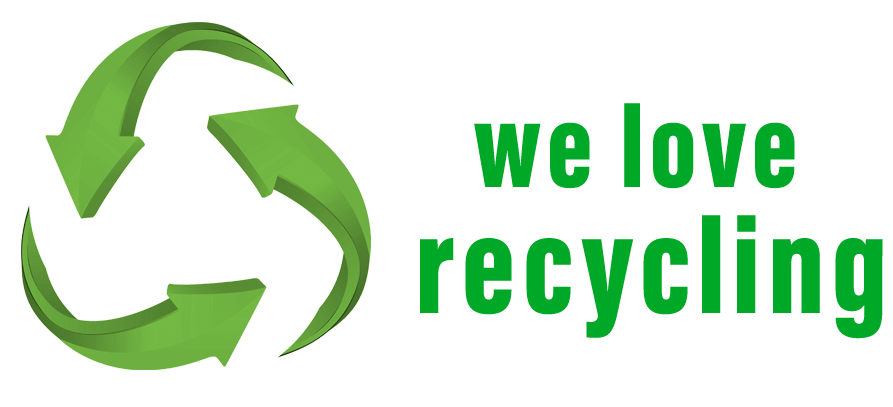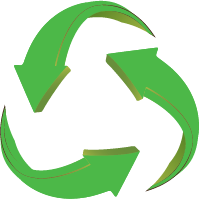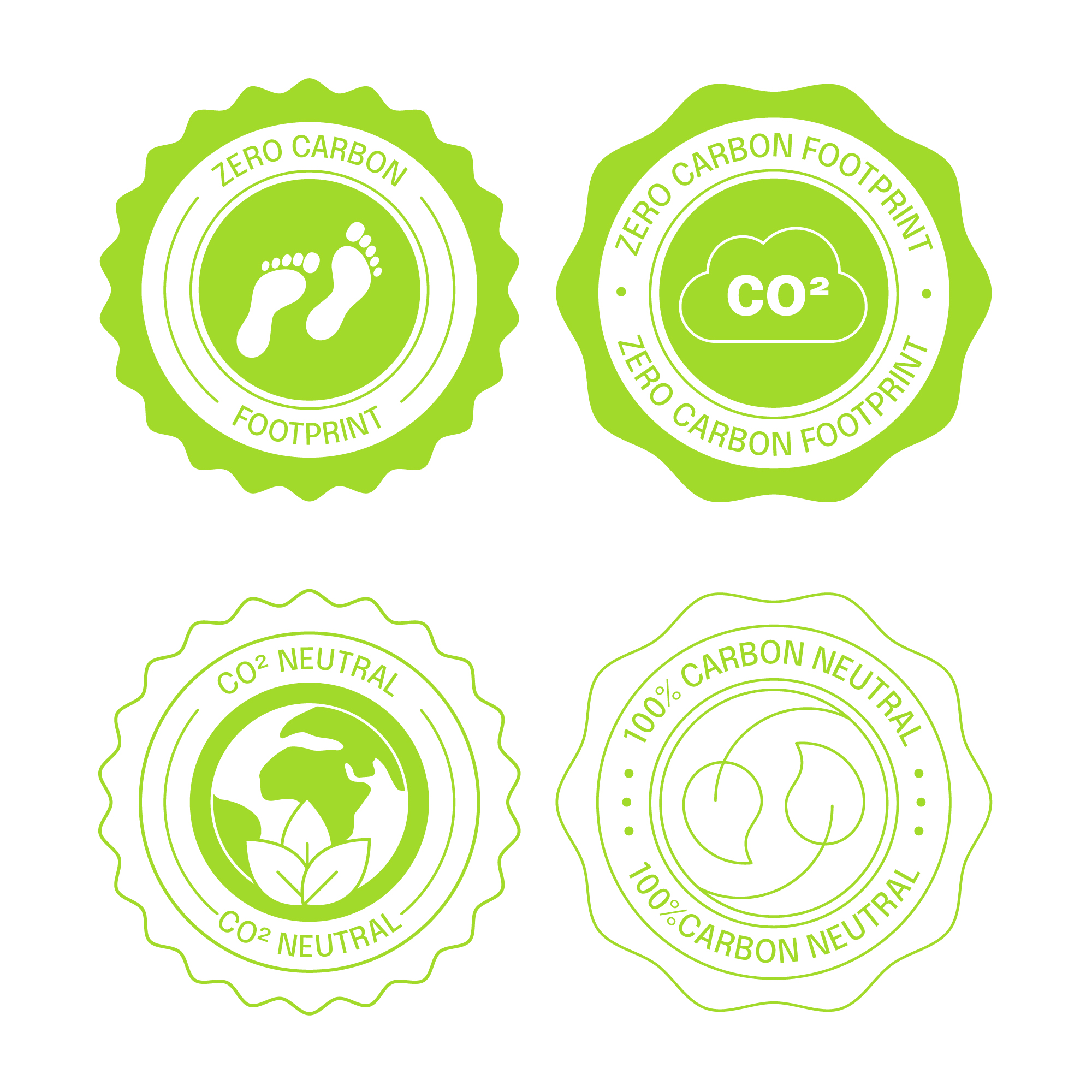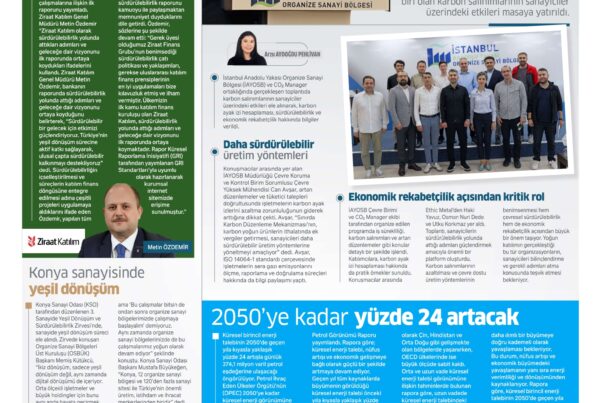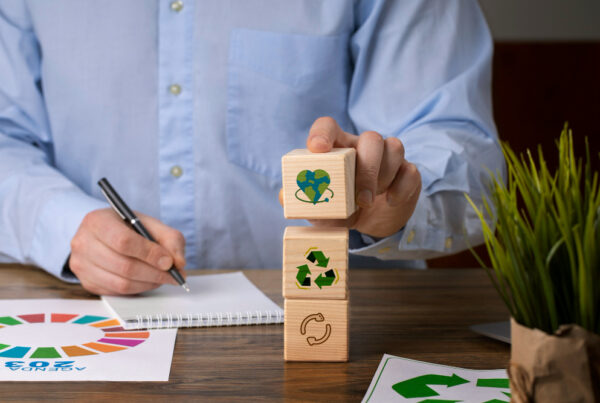EPS recycling: Innovative approaches to reducing plastic waste
Expandable polystyrene (EPS), also known as Styrofoam, is a versatile material used in a variety of applications such as packaging, building materials and insulation. Due to its widespread use, EPS has become a significant waste problem because it degrades slowly and is difficult to recycle. In this post, we will look at innovative approaches to EPS recycling and how they can help reduce plastic waste and reduce environmental impact.
1. Chemical recycling of EPS
A promising innovation in EPS recycling is chemical recycling, in which EPS is broken down into its original monomers. Through this process, the chemical building blocks of EPS can be recycled and used to make new plastic products without losing quality or creating waste.

2. Mechanical recycling of EPS
Mechanical recycling is a proven approach to reusing EPS, but it often comes with challenges such as low density and foreign matter contamination. Innovative technologies and processes address these challenges to produce high-quality recycled EPS material that can be used for various applications.
3. EPS packaging return systems
Another innovative approach is to introduce take-back systems for EPS packaging, allowing consumers to return their packaging waste and recycle it. These systems promote circular economy and reduce the amount of EPS waste released into the environment.

4. EPS as a raw material for new products
Innovative companies are exploring ways to use recycled EPS as a raw material to create new products. From building materials to furniture to packaging materials, there are numerous uses for recycled EPS that help reduce the need for virgin EPS and close the loop.
5. Technological advances in EPS recycling
Continuous technological developments are developing ever more efficient and cost-effective methods for EPS recycling. From innovative sorting and separation processes to improved recycling facilities, these advances are helping to increase EPS recycling rates and reduce the environmental impact of plastic waste.

6. Promote awareness and education
A critical component to the success of EPS recycling initiatives is promoting awareness and education among consumers, businesses and decision-makers. Through awareness campaigns and training programs, people can be encouraged to recycle their EPS waste and make more environmentally friendly choices.
By implementing these innovative approaches, we can help reduce plastic waste, conserve resources and reduce the environmental impact of EPS. By investing in sustainable technologies and practices, we can create a cleaner and more sustainable future for generations to come.

The EcoEPS recycling machine: Sustainable recycling with precise CO2 savings analysis
The EcoEPS recycling machine from NFM Recycling sets new standards in the area of sustainable recycling of expandable polystyrene (EPS). What makes this machine special is not only its efficiency in the recycling process, but also its ability to calculate and visualize the exact amount of CO2 savings. Through this precise CO2 savings analysis, the EcoEPS recycling machine offers a transparent way to quantify and understand the environmental impact of the recycling process.
